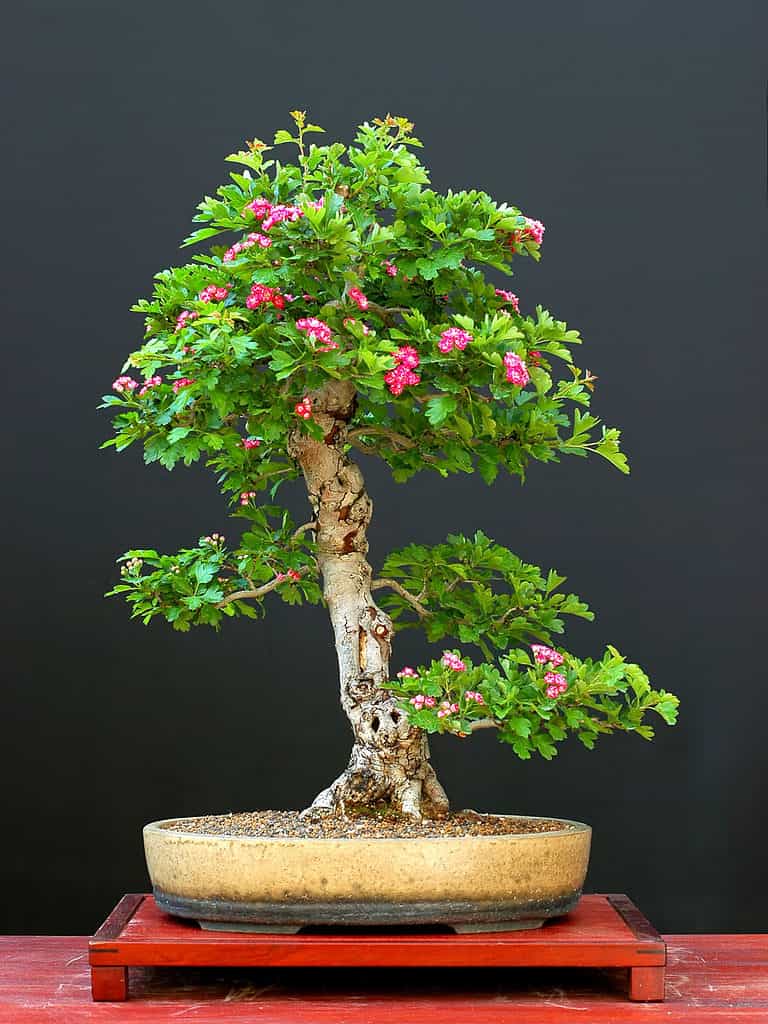
Credit: a-z-animals.com
Introduction
The Indian Hawthorn Bonsai Tree is a beautiful and elegant plant. It is perfect for both beginners and experts. This guide will help you grow and care for your bonsai tree.
What is an Indian Hawthorn Bonsai Tree?
The Indian Hawthorn Bonsai Tree is a miniature version of the Indian Hawthorn tree. This tree is known for its pretty pink or white flowers. It is native to Asia and has become popular worldwide.
Why Choose Indian Hawthorn Bonsai?
There are many reasons to choose the Indian Hawthorn Bonsai Tree. Here are a few:
- Beautiful flowers
- Easy to care for
- Suitable for beginners
- Compact size
- Can be grown indoors or outdoors
How to Grow an Indian Hawthorn Bonsai Tree
Choosing The Right Pot
The pot for your bonsai tree is very important. It should have drainage holes. This helps prevent water from sitting in the pot. Choose a pot that is not too big or too small. The pot should match the size of your tree.
Preparing The Soil
Good soil is crucial for your bonsai tree. Use a mix of akadama, pumice, and lava rock. This helps with drainage and root growth. You can buy pre-mixed bonsai soil from garden stores.
Planting Your Bonsai Tree
Now it’s time to plant your tree. Follow these steps:
- Place a mesh over the drainage holes in the pot.
- Add a layer of soil to the pot.
- Place the tree in the pot.
- Add more soil around the roots.
- Water the tree well.
Caring for Your Indian Hawthorn Bonsai Tree
Watering
Watering is very important. Make sure the soil is always moist but not soggy. Water your tree when the top inch of soil feels dry. Use a watering can with a fine nozzle.
Light
Indian Hawthorn Bonsai Trees need a lot of light. Place your tree in a spot with plenty of sunlight. If you grow it indoors, use a grow light to ensure it gets enough light.
Fertilizing
Fertilize your bonsai tree regularly. Use a balanced liquid fertilizer every two weeks during the growing season. Reduce fertilizing in the winter months.
Pruning
Pruning helps keep your tree in shape. Trim new growth to maintain the desired shape. Use sharp pruning scissors to make clean cuts. Remove any dead or damaged branches.
Repotting
Repot your bonsai tree every 2-3 years. This helps refresh the soil and encourage root growth. Follow the same steps as planting to repot your tree.
Common Problems and Solutions
Yellow Leaves
Yellow leaves can mean overwatering or poor drainage. Check the soil and adjust your watering schedule.
Pests
Common pests include aphids and spider mites. Use insecticidal soap to treat infestations. Keep your tree healthy to prevent pests.
Fungal Diseases
Fungal diseases can cause leaf spots and root rot. Ensure good air circulation and avoid overwatering. Use a fungicide if necessary.

Credit: anjinbonsai.org
Conclusion
Indian Hawthorn Bonsai Trees are a wonderful addition to any home. They are beautiful and easy to care for. Follow this guide to grow and enjoy your own bonsai tree.
FAQs
| Question | Answer |
|---|---|
| Can I grow my bonsai tree indoors? | Yes, but make sure it gets enough light. |
| How often should I water my bonsai tree? | Water when the top inch of soil is dry. |
| Do I need to fertilize my bonsai tree? | Yes, every two weeks during the growing season. |
| What should I do if my tree has pests? | Use insecticidal soap to treat infestations. |

